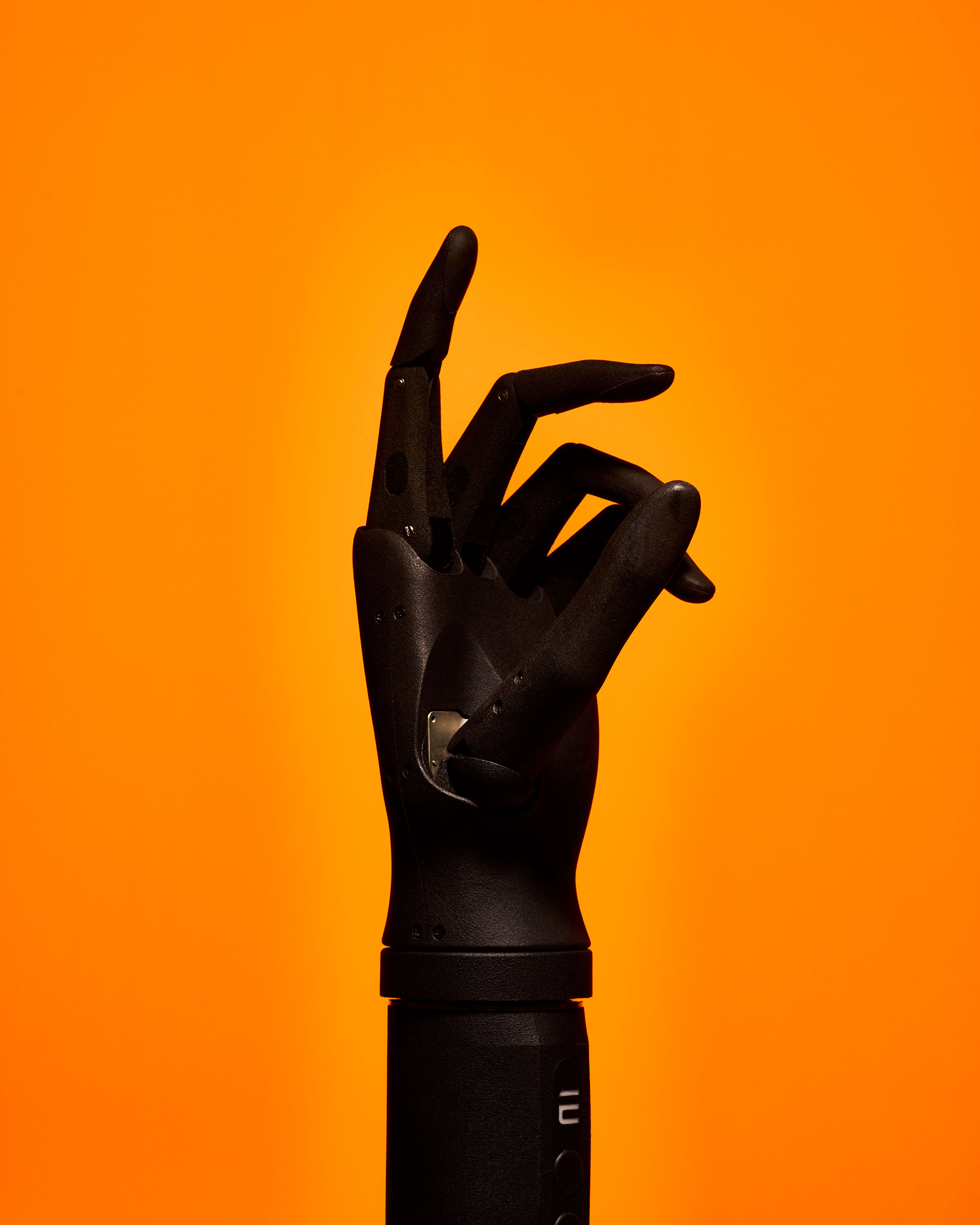The Gen Z entrepreneur who I discovered is a young women named Destiny Snow, raised by business owners she started a makeup business at just 15 years old.

While covid 19 hindered many from living the life they wanted, Snow didn’t let it stop her. Covid pushed her to find new opportunities for her business. She discovered early on that she needed to identify the target market for her products instead of trying to sell to family and friends. She jumped on the growing use of social media for business growth and learned how to sponsor people and companies who attracted the type of audience who she was looking to sell to.
Setting a good example for our declining society, Snow said she forced herself to learn and read about marketing so that she could implement what she learned along with her passion into her business.
Snow not only has started this business, successfully rolled with the punches but also aims to teach other young people today about entrepreneurship and marketing skills. She has done this through writing and releasing E-books and becoming a social media influencer.
It’s no wonder that Snow succeeded so well in the business industry because her mother, she says, is a successful business owner. Snow advises finding a model who you can be inspired by and who shows you how to succeed in your area. For Snow, this was her mother.
For me, the thing that’s one of the most impressive about Snow’s story is how she educated herself on how to succeed using marketing. She read books and described her house as looking like a library because of all the material she read to learn and continues to learn. Snow’s story is inspiring, and it continues to grow. She’s an example of what each of us is capable of.





